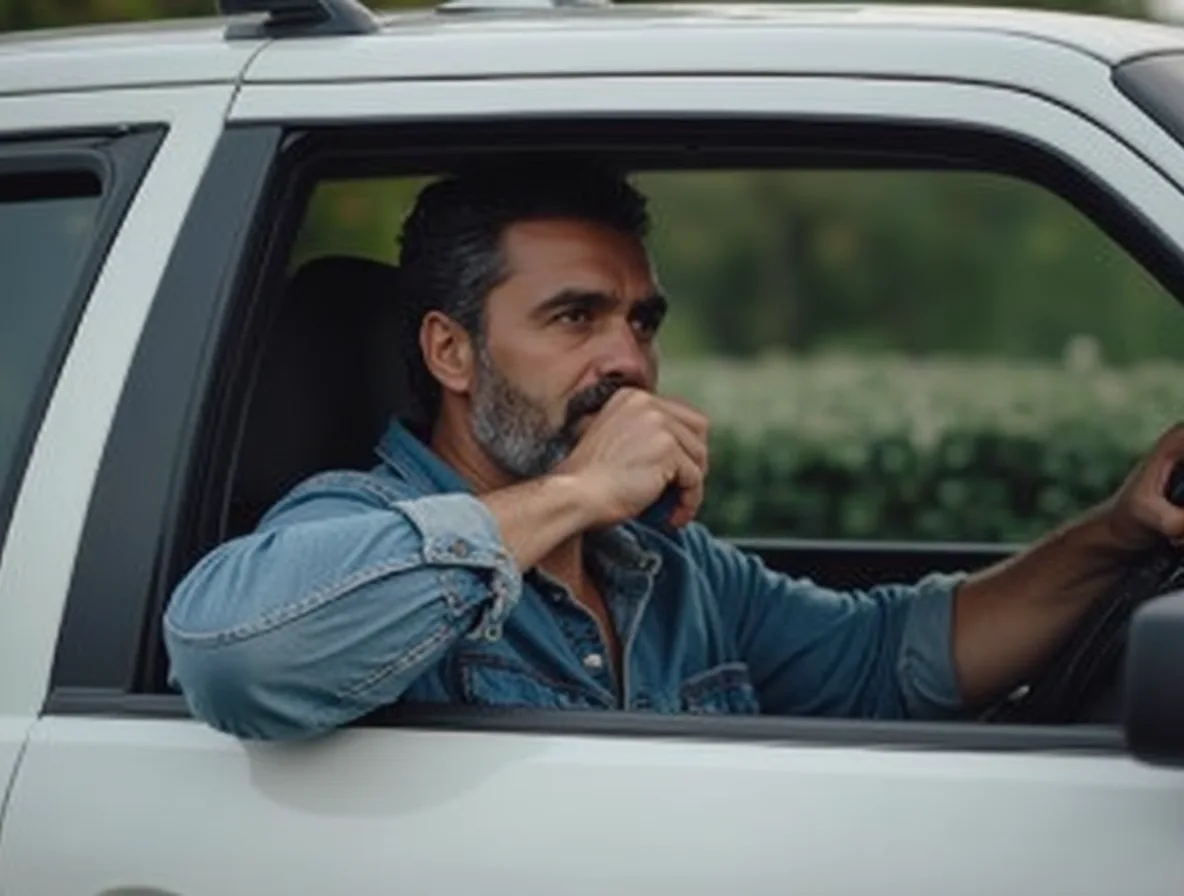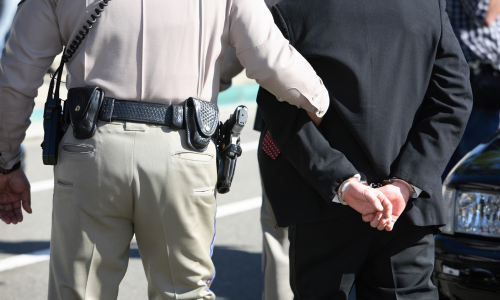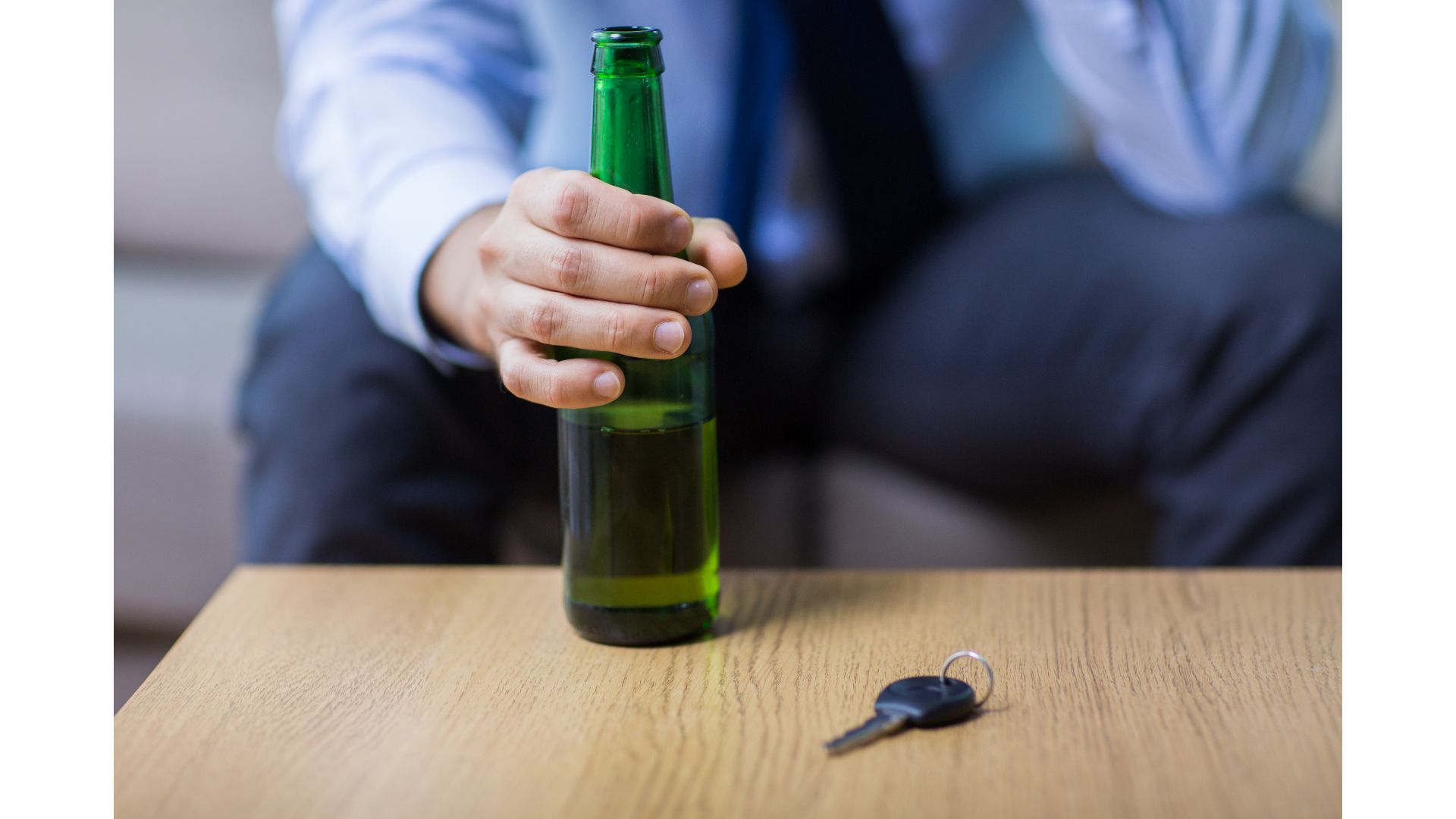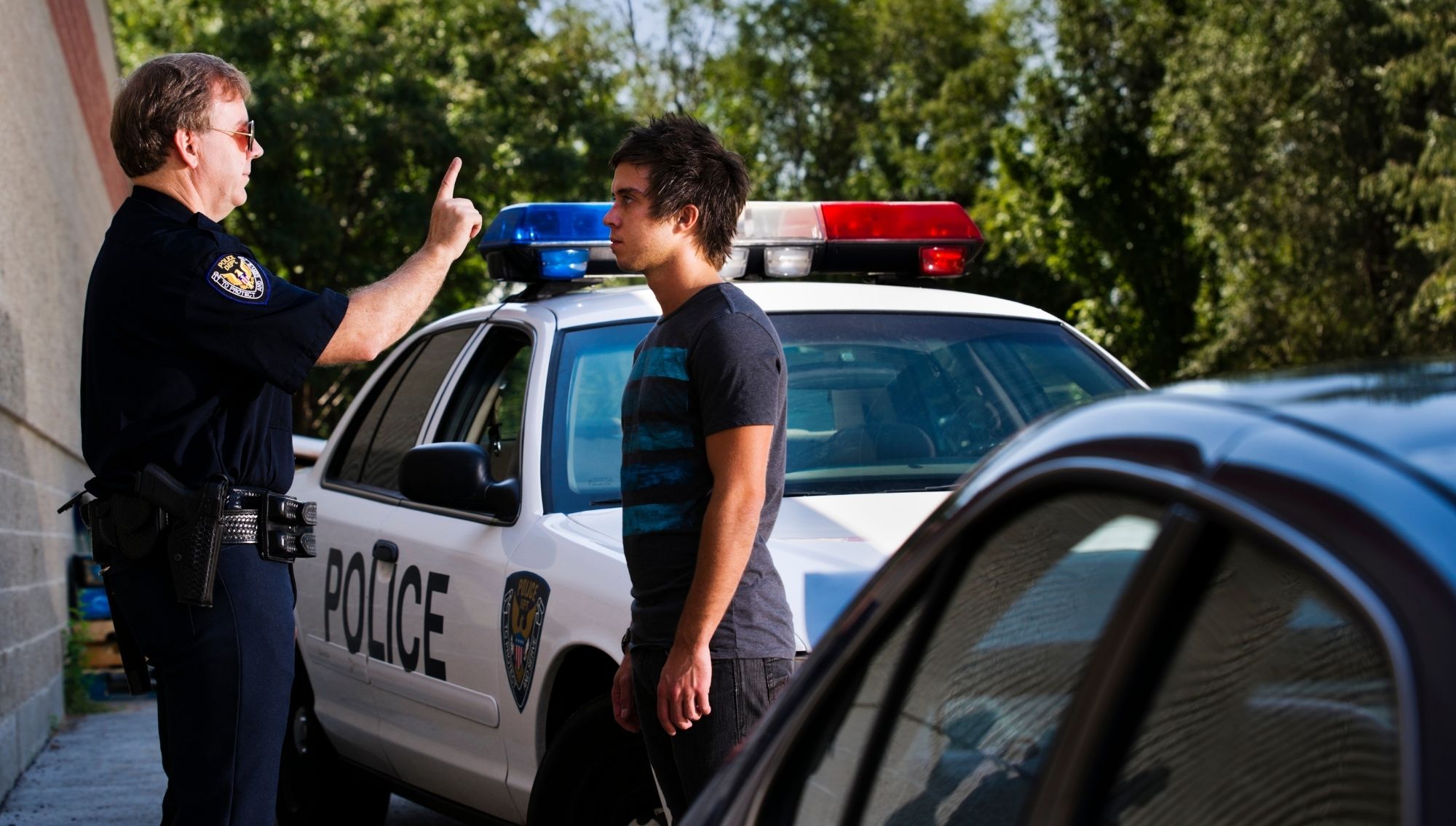Understanding Field Sobriety Tests in Maryland
When it comes to field sobriety tests in Maryland, it is essential to understand the three standardized assessments that law enforcement may administer: the horizontal gaze nystagmus test, the walk-and-turn test, and the one-leg stand test. These evaluations are designed to assess a driver’s coordination, balance, and cognitive abilities. For example, the horizontal gaze nystagmus test involves an officer observing the driver’s eyes for involuntary jerking movements as they track a stimulus. Similarly, the walk-and-turn test requires the driver to take specific steps and turns as instructed, testing their ability to follow directions and maintain balance. The one-leg stand test evaluates the driver’s balance and ability to stand on one leg for a period of time. While these tests aim to detect impairment, they can be influenced by various factors, such as nervousness and physical conditions, potentially leading to false indications of intoxication.
Moreover, it’s important to note that there is no legal penalty for refusing to take these tests in the state of Maryland. Despite their use as a tool for law enforcement, field sobriety tests are not infallible and can yield inaccurate results. This raises concerns about the subjective nature of these assessments and their potential to unfairly incriminate individuals. Therefore, it is generally recommended to decline field sobriety tests in Maryland, as this can help to prevent potentially incriminating evidence that may be used against a driver in a DUI case. Understanding the limitations and potential biases of these tests is crucial for individuals who may face such assessments during a law enforcement encounter.
Refusing a Breathalyzer in Wicomico County
In Maryland, drivers have the legal right to refuse a breathalyzer test when suspected of driving under the influence. However, this decision comes with significant consequences. For a first offense, the driver’s license can be suspended for 270 days, and for subsequent offenses, the suspension can extend up to one year. To reinstate driving privileges after refusing the breathalyzer, the individual must participate in the ignition interlock system, which requires the installation of a device that measures blood alcohol content before allowing the vehicle to start.
For instance, if a driver refuses the breathalyzer test in Wicomico County, they may face an automatic 9-month license suspension. However, if their test result falls within the range of .08 to .15, it could result in a six-month suspension that may be modified to a restricted license. This restricted license may come with certain conditions, such as only being allowed to drive to and from work or for essential purposes. Additionally, under Maryland law, DUI refusal can be considered a separate offense from the actual DUI or DWI citation. Consequently, if a defendant is convicted of DUI or DWI and found to have knowingly refused the test, they may face an additional 60 days in jail and a $500 fine.
Furthermore, commercial driver’s license (CDL) holders face even steeper penalties for refusing the breath test, including potential disqualification for an extended period or even for life. These severe consequences highlight the importance of carefully considering the decision to refuse a breathalyzer test. While refusing the test can limit the evidence available to the state in a DUI case, it’s crucial to weigh this against the potential loss of driving privileges and the resulting impact on daily life and employment. Seeking legal counsel from a knowledgeable DUI lawyer can provide valuable guidance in making this decision and understanding the full implications of refusing a breathalyzer test in Wicomico County.
DUI Charges and Administrative Proceedings
When facing DUI charges in Wicomico County, it’s essential to understand that there are two separate proceedings that come into play: a criminal case and an administrative component. The criminal case deals with the legal consequences of driving under the influence, while the administrative proceeding focuses on the potential suspension or revocation of the driver’s license.
It’s crucial for individuals to be well-informed about the strict deadlines associated with requesting a hearing in the administrative component. Simultaneously, adequate preparation is essential for the criminal case, including obtaining evidence and seeking any necessary treatment. This preparation can significantly impact the outcome of the case and underscores the importance of seeking legal counsel as early as possible to navigate these complex proceedings.
Moreover, the severity of the repercussions to driving privileges is heavily reliant on the driver’s blood alcohol content (BAC) level. For instance, refusing a breathalyzer test can lead to more severe sanctions, and there is also the possibility of having an ignition interlock device installed in the vehicle, particularly for repeat offenders. Understanding the intricacies of these administrative and criminal processes is crucial for individuals facing DUI charges, highlighting the need for strategic legal guidance and support.
Consequences of Refusing a Breathalyzer Test
Refusing a breathalyzer test in Wicomico County, Maryland, can have serious consequences. For instance, if a driver refuses the test, it can lead to an automatic 9-month license suspension. This means the individual may lose their driving privileges for a significant period, impacting their daily life, ability to commute to work, and fulfill other responsibilities.
In addition to the immediate license suspension, if a driver’s test result falls within the range of .08 to .15, it could result in a six-month suspension that may be modified to a restricted license. This restricted license may come with certain conditions, such as only being allowed to drive to and from work or for essential purposes. It’s essential to note that the license suspension is enforced by the Motor Vehicle Administration (MVA) and is separate from any court case. This means that even if the individual’s court case does not result in a conviction, the MVA can still enforce the license suspension.
These legal ramifications emphasize the critical importance of understanding the implications of refusing a breathalyzer test in Wicomico County.
Penalties and Legal Ramifications
In Maryland, the legal blood alcohol content (BAC) limit for drivers over 21 is set at .08% [6]. This means that if a driver’s BAC is found to be at or above this limit, they can face severe penalties. These penalties can include jail time, substantial fines, suspension of their driver’s license, and the addition of points to their driving record. Understanding the potential legal consequences of surpassing the legal BAC limit is crucial for individuals facing DUI charges in Wicomico County.
Moreover, individuals facing DUI charges may benefit from scrutinizing the legality of the traffic stop or arrest. This means that the circumstances under which the driver was pulled over, as well as the actions of the arresting officer, can be carefully examined. Additionally, challenging the results of blood alcohol tests is another avenue for defense. This may involve questioning the accuracy of the test administration, the calibration of the testing equipment, and considering any medical conditions or other factors that could have influenced the test results. These defense strategies highlight the importance of seeking legal counsel and understanding one’s rights when dealing with DUI charges in Wicomico County, Maryland.
Furthermore, it’s crucial to note that subsequent DUI offenses in Maryland carry more severe penalties, which may include increased fines, longer license suspensions, and potential jail time. On the other hand, first-time offenders in Maryland may be eligible for Probation Before Judgment. This means that if a defendant meets certain criteria, they could potentially avoid having a DUI conviction on their record, though the specific eligibility requirements and potential outcomes should be discussed with a qualified DUI attorney. This showcases the importance of seeking legal counsel to fully understand the potential outcomes and legal options available for individuals facing DUI charges in Maryland.
Legal Blood Alcohol Content Limit and Penalties
In Maryland, individuals need to understand the legal blood alcohol content (BAC) limit and the corresponding penalties. For instance, if a driver’s BAC is between .05 and .07, they can be charged with driving while impaired (DWI). This means that even with a BAC below the legal limit for DUI, there are still legal consequences for impaired driving. Understanding this distinction is crucial for drivers to make informed decisions about their actions and to be mindful of potential legal ramifications.
Additionally, individuals facing DUI charges in Maryland need to prepare for the criminal case thoroughly. This typically involves obtaining evidence to support their case and seeking appropriate treatment or counseling, especially if substance abuse issues are involved. By engaging in proactive measures and seeking the guidance of a knowledgeable attorney, individuals can work towards building a strong defense and understanding the legal process, ultimately aiming to achieve the best possible outcome for their situation.
The Role of a DUI Lawyer
When facing criminal charges related to driving under the influence (DUI) in Wicomico County, Maryland, it is imperative to seek immediate legal representation. A seasoned DUI lawyer plays a crucial role in providing personalized attention to clients, ensuring that their rights are protected, and navigating them through the complexities of the legal system. For instance, a DUI lawyer can assist in challenging license suspensions by meticulously examining the circumstances of the traffic stop, arrest, and subsequent proceedings. Additionally, the lawyer can help individuals understand the administrative and criminal components of DUI charges, as well as the potential penalties associated with refusing a breathalyzer test.
Moreover, a DUI lawyer can employ smart negotiation tactics and zealous litigation to advocate for the best possible outcome for the client. This may involve exploring options to obtain a restricted license after a DUI, as well as providing guidance on the ignition interlock system, which may be necessary for restoring driving privileges after a breathalyzer refusal. Furthermore, the lawyer can assist clients in understanding the implications of their specific situation, such as the severity of penalties for CDL (Commercial Driver’s License) holders who refuse a breath test, which can result in disqualification for an extended period or even for life. By working closely with a DUI lawyer, individuals can gain a comprehensive understanding of their legal rights and options, thereby empowering them to make informed decisions and navigate through the challenges posed by DUI charges in Wicomico County.
Facing criminal charges on the Eastern Shore of Maryland requires immediate action and expert legal representation. Britt Criminal Defense is a notable firm offering personalized attention to clients, committed to preserving freedom, and winning cases. The firm’s expertise in local court politics and investigative capabilities equips them to represent a wide variety of criminal charges, including DUI and DWI cases. By leveraging smart negotiation tactics and zealous litigation, Britt Criminal Defense helps clients navigate the legal process and strive for favorable outcomes.
Conclusion
Understanding the consequences of refusing a breathalyzer test in Wicomico County, Maryland is crucial for anyone facing DUI charges in the region. The decision to refuse a breathalyzer test can have significant ramifications, including the suspension of driving privileges, potential fines, and even jail time, depending on the circumstances. By being aware of these potential consequences, individuals can make informed decisions when confronted with the choice of whether to submit to a breathalyzer test or not.
For instance, a first-time offender who refuses a breathalyzer test in Wicomico County may face a suspension of their driver’s license for 270 days, while subsequent offenses could lead to a one-year suspension. These penalties underscore the importance of understanding the legal landscape and seeking professional guidance to navigate the complexities of DUI cases. Additionally, CDL drivers face even more severe penalties for refusing the breath test, including potential disqualification for an extended period or even for life. These examples highlight the serious implications of refusing a breathalyzer test and emphasize the need for proactive legal assistance.
In light of these potential consequences, seeking legal counsel becomes crucial. Legal professionals experienced in DUI cases can provide valuable guidance, helping individuals understand their rights, navigate administrative proceedings, and build a strong defense. Therefore, the call to action for individuals to seek immediate legal assistance for DUI defense is not merely a formality but a critical step in safeguarding their rights and pursuing the best possible outcome in challenging circumstances.









